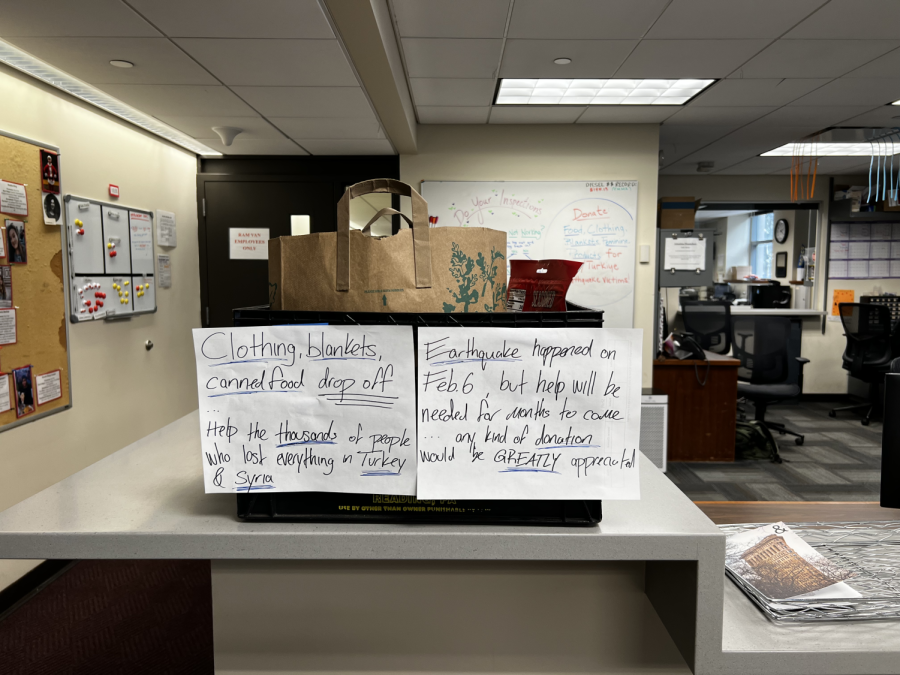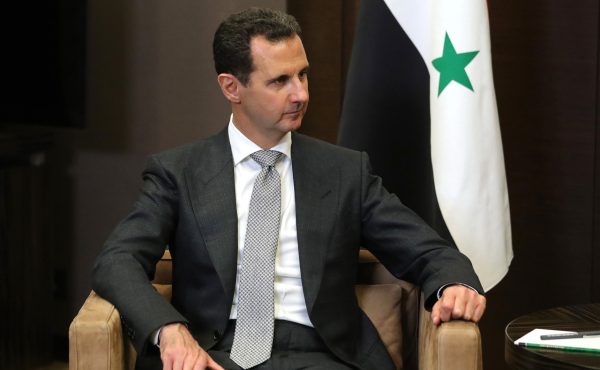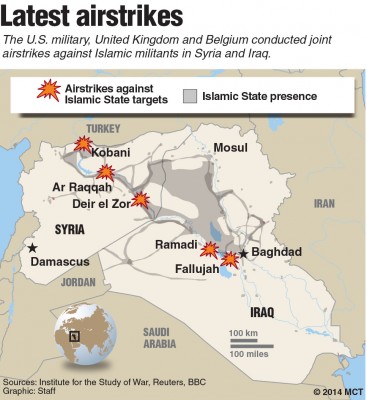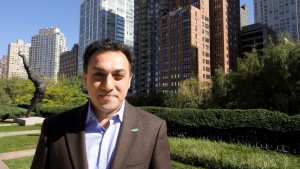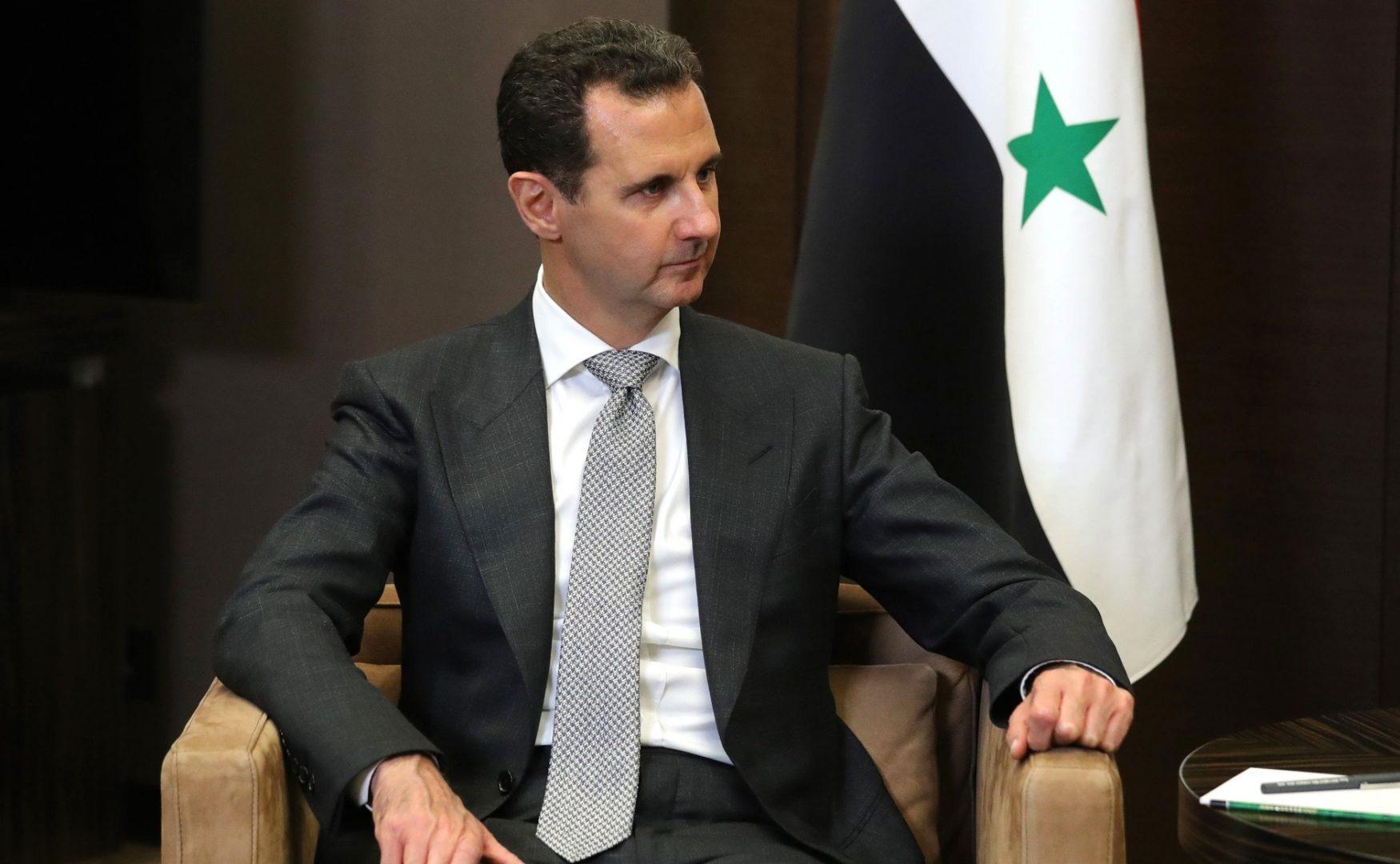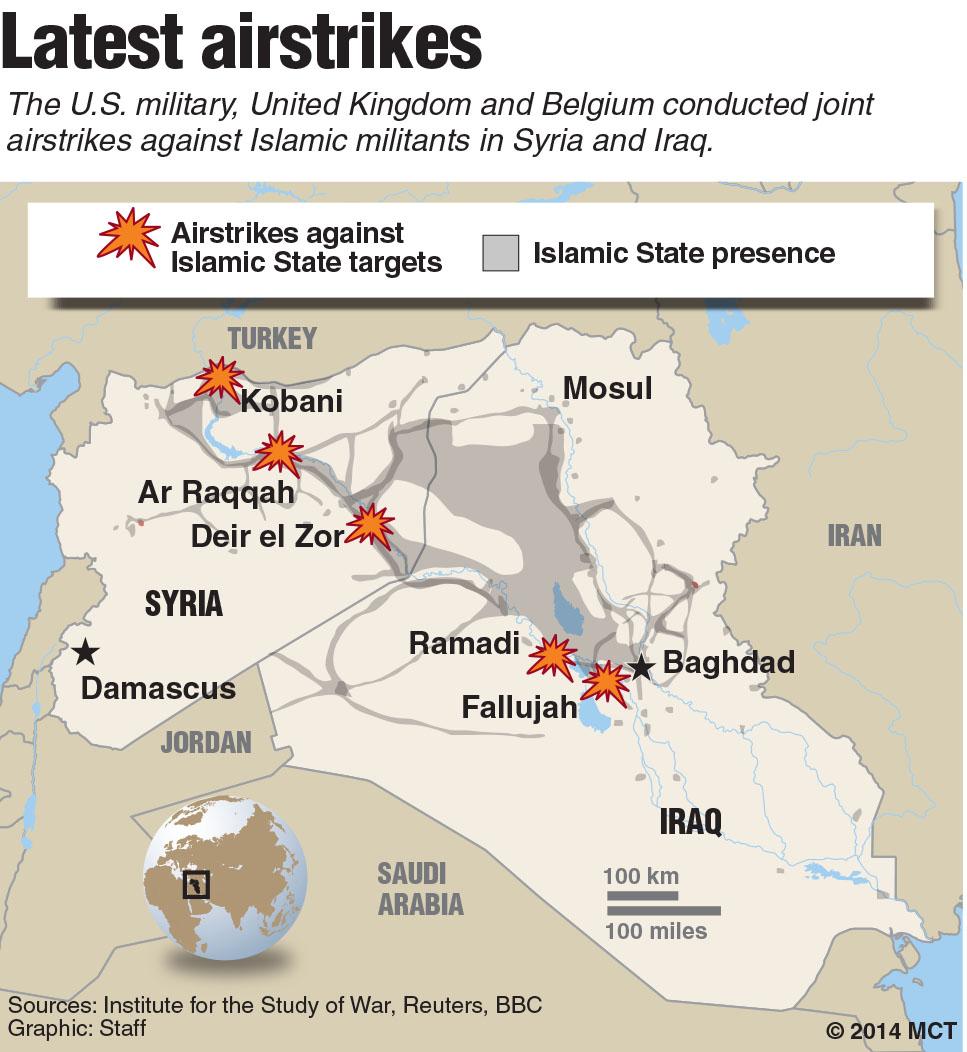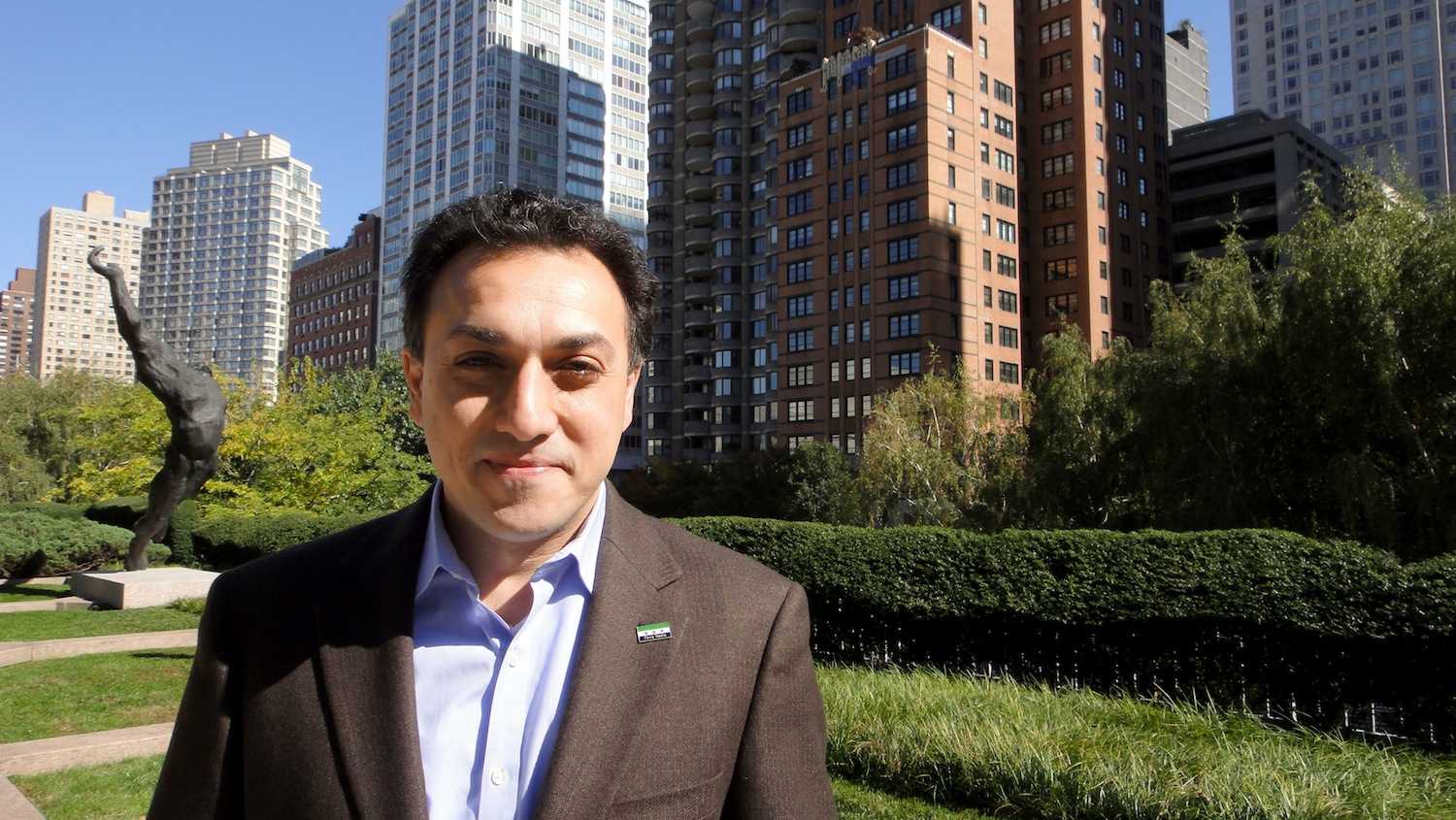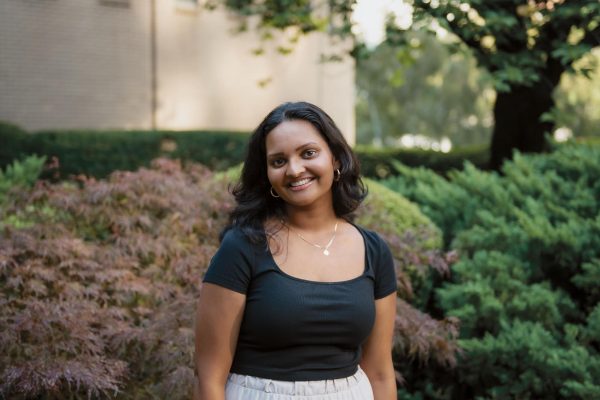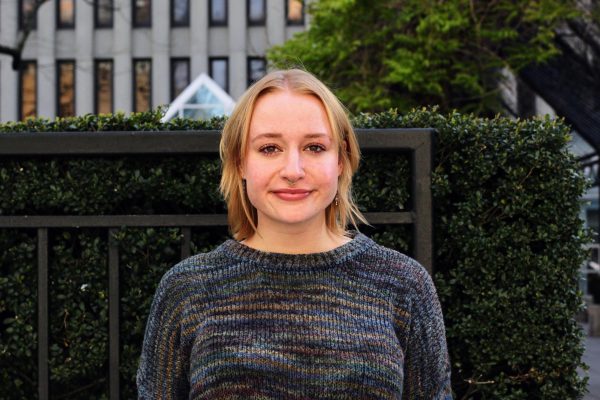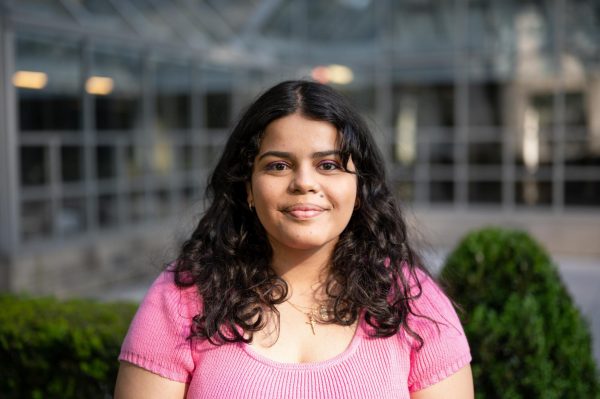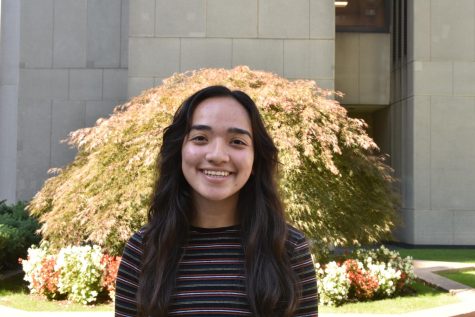Death Toll of Kahramanmaras Earthquakes in Turkey and Syria Claim 50,000
USGLC’s newly developed ad hoc committee, SJP and students at Fordham are dedicated to gather both monetary and food donations to help survivors in the region
A donation box located in the Ram Van office at Rose Hill is collecting much-needed items such as blankets and canned food.
March 1, 2023
A series of earthquakes in the Kahramanmaras regions of central and southern Turkey as well as western Syria have resulted in the loss and mass displacement of thousands of people. The first earthquake, with a 7.8 magnitude, struck the zone on Feb. 6, followed by a 7.7 magnitude earthquake nine hours later. A third earthquake, with a magnitude of 6.3, occurred on Feb. 20, causing further widespread destruction and fear among survivors in the region. Students, campus organizations, administrative bodies and clubs across the university have sought ways to help those impacted.
The 7.8 mainshock earthquake was the strongest to hit Turkey since the 1939 Erzincan earthquake, which was of the same magnitude and claimed around 33,000 lives. Additionally, the earthquake that occurred on Feb. 6 was one of the strongest ones in the Levant region, with tremors reported through Lebanon, Jordan and coastal areas of Turkey that have damaged roads and border crossings.
The event was the deadliest natural disaster in the history of Turkey since an earthquake in 526 in Antioch and it was also the most destructive one in Syria since the 1882 Aleppo earthquake and the most malignant global earthquake since one in Haiti in 2010.
The Turkish Students Association (TSA) was formed on Feb. 16 for Fordham students to organize donations and relief efforts, with the eventual goal of making TSA a club at the end of the semester, following the usual timeline that the student government has for clubs to be approved.
As of Feb. 28, the death toll in Turkey and Syria has surpassed 50,000 people. At least 164,000 buildings in Turkey have collapsed or are irreparably damaged. The two major earthquakes were followed by more than 2,100 aftershocks.
In response to the damage and growing death tolls in the region, numerous students and groups on campus have organized relief efforts and Fordham United Student Government at Lincoln Center (USGLC) created a committee to address the demands of Turkish students.
The Turkish Students Association (TSA) was formed on Feb. 16 for Fordham students to organize donations and relief efforts, with the eventual goal of making TSA a club at the end of the semester, following the usual timeline that the student government has for clubs to be approved.
Djellza Pulatani, Fordham College at Lincoln Center (FCLC) ’24 and president of USGLC, explained that the ad hoc committee was created to provide Turkish students with funding from the Office of Student Involvement (OSI) resources and opportunities that other clubs are given.
“I have family friends who unfortunately lost a lot of family members. People are always your mutual, so everybody’s had somebody that they know pass away which has been really difficult.” Aysegul Yumusak, FCLC ’24
Aysegul Yumusak, FCLC ’24, was voted chairperson. Yumusak, who is of Turkish descent, noted that the earthquake’s effects personally impacted her and people she loves.
“I have family friends who unfortunately lost a lot of family members,” she said. “People are always your mutual, so everybody’s had somebody that they know pass away which has been really difficult.”
Yumusak shared that the short-term goal of the committee is to provide aid for the Turkish people, effective immediately. Currently, the committee is focused on seeking approval for its flyers, securing tables for bake sales and increasing donation efforts.
She hopes that this committee can increase awareness of events in the Middle East for Fordham students.
“Students tend to be a lot more American-minded when they know what’s happening domestically, but not really what’s happening internationally, especially in the Middle East,” Yumusak said.
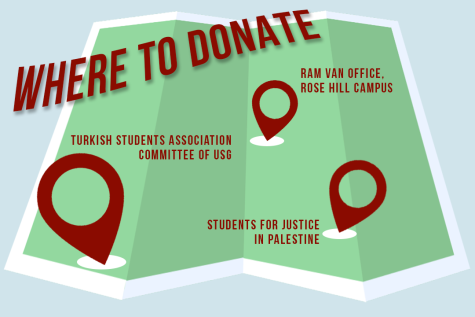
Pulatani echoed these sentiments, highlighting that the committee would be an apt opportunity for students to reflect on and inform themselves about issues that impact people globally.
“I think that a committee like this would really reflect not only our student body, but also to help advocate and really make differences within so many different issues,” she said.
Yasemin Cem, FCLC ’25, who is from Istanbul, has been volunteering at the Turkish Embassy in New York. She shared that while the earthquakes did not impact her family directly, the country as a whole feels the repercussions of the event.
“Seeing mothers in the affected regions calling for their children stuck under the rubble; children crying for their parents that have passed away; parents burying their dead children; friends losing their loved ones and family members; over 10 million people losing their homes; those who get saved from the rubble dying of hypothermia and disease, have affected all of Turkey,” she said. “I am lucky enough not to have been hit directly, but it does not change the fact that this is happening to the innocent people of my country.”
In addition to student efforts, offices such as Campus Ministry have also organized relief efforts.
Yumusak agreed that the repercussions of the earthquake reverberated across the country, including regions that were not directly impacted.
“A lot of people assume it only has impacted the southwest part of Turkey, but in reality, every other part of Turkey has been affected too.”
In addition to student efforts, offices such as Campus Ministry have also organized relief efforts. José Luis Salazar, S.J., executive director of Campus Ministry, sent an email to all the Fordham community members on Feb. 6 with agencies to donate to, as well as asking to keep those afflicted in people’s hearts and prayers. He included the gospel verse that “reminded us of our identity as ‘salt of the earth and light of the world.’”
A number of organizations on campus have organized fundraising efforts. USGLC has compiled a list of places that those interested can donate to. The Ram Van office is currently accepting physical donations, and the TSA committee of USG is accepting camping gear that the Turkish Embassy in New York is sending to those in need. The most urgently needed items are tents, as in many areas people don’t have access to shelter and are not able to be in buildings. Additionally, Students for Justice in Palestine (SJP) has been raising money and awareness campaigns for those affected by the earthquake.
“It is never the case that Fordham University is happy to collaborate or happy to provide the resources for these social movements.” SJP representative, FCLC ’24
An anonymous representative for SJP, FCLC ’24 and who requested to be anonymous due to fear of retaliation, expressed that in attempting to coordinate fundraising efforts, the representative and other organizers associated with SJP have encountered roadblocks. They added that they believe Fordham served as a “barrier” to enacting social change.
“It is never the case that Fordham University is happy to collaborate or happy to provide the resources for these social movements,” they said.
They noted a slew of bureaucratic and technical challenges in attempting to fundraise, such as stringent provisions regarding what items can be sold as well as how monetary contributions can be collected and distributed.
The representative explained that a Turkish student originally wanted to collect donations through mobile payment services such as Venmo or Cashapp, but they were unable to do so because Fordham required the student to provide tax forms and a signed statement from the organization that was receiving the donations in order to move forward for liability purposes. They highlighted these conditions as an example of a bureaucratic impediment toward raising aid by expressing how difficult it is to receive a statement from a charity while it is working on the ground.
Howe shared the university does not have the financial or personnel resources to engage in relief work aiding those impacted in national and global catastrophes, thereby preventing the university from supporting students to the extent it would like to.
“It is not simple for people or for organizations to stop what they’re doing in the middle of an earthquake that has killed and displaced hundreds of thousands of people to send Fordham University an email accepting our fundraising efforts,” they said.
The representative shared that he feels the primary mode of inspiring social change is not through institutional efforts but through collaborating with individual communities.
In response to the SJP representative, Bob Howe, associate vice president for communications and special adviser to the president, shared that Fordham’s primary goal as an institution is educating students by giving them the tools to solve global issues and produce research that advances human knowledge.
“Our value to society is education and research: it’s what we do best, and what student’s tuition supports,” Howe said.
Howe shared that the university does not have the financial or personnel resources to engage in relief work aiding those impacted in national and global catastrophes, thereby preventing the university from supporting students to the extent it would like to.
Hannah Berggren, FCLC ’25, has been working with her friends on making plushies and baked goods for a sale for direct fundraising. Berggren noted that she was inspired to raise goods and money for survivors of the earthquake because she feels that countries that are predominantly nonwhite receive less aid and attention from the international community.
“I feel like there’s a disproportionate amount of aid that goes to white countries,” Berggren said. “I want to do what I can to help alleviate that.”
Pulatani reflected on the efforts of students, praising their initiative and desire to help innocent people affected.
“Seeing all of the work that has gone into all of this and the resilience and the strength that every Turkish student has shown is just so true and genuine in a way where we should all be proud that we’re around people like this, because the fact that all of them came together so quickly to do something for their own nation,” Pulatani said.

